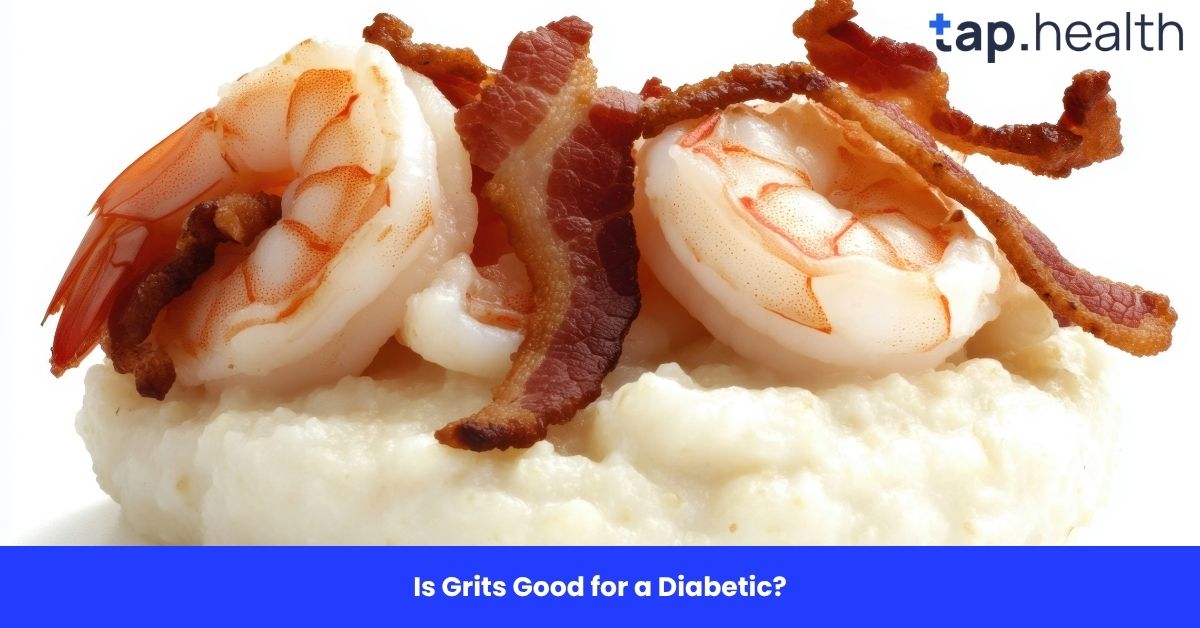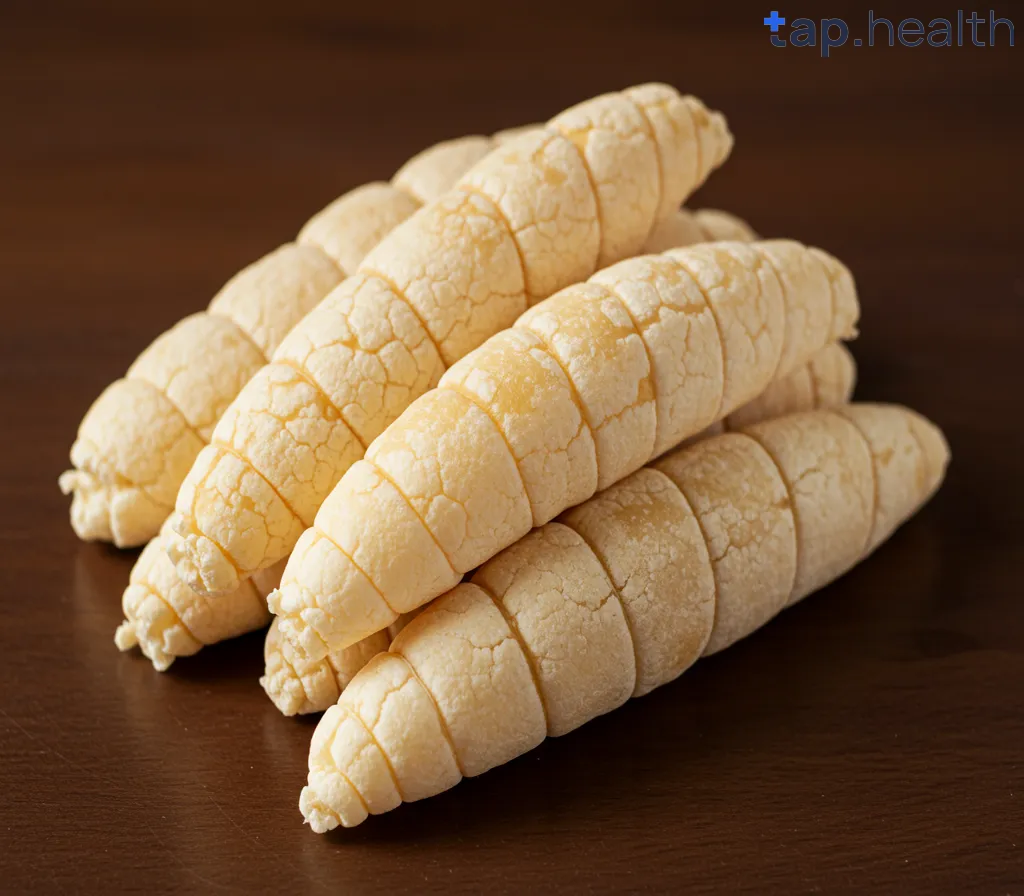Waffles are a popular breakfast treat enjoyed by people of all ages. Whether you top them with syrup, butter, fruit, or whipped cream, waffles are undeniably delicious. However, if you’re watching your calorie intake, you might be wondering: How many calories are in a waffle?
In this article, we’ll explore the calorie content of a waffle, break down its nutritional facts, and compare different types of waffles. We’ll also offer healthier alternatives and tips to make waffles a part of a balanced diet.
What Is a Waffle Made Of?
Before we dive into the calorie count, let’s take a look at the basic ingredients that make up a traditional waffle. A classic waffle recipe typically includes the following:
- Flour: All-purpose flour is the main ingredient that gives the waffle structure.
- Eggs: Eggs help bind the ingredients together and add moisture.
- Milk: Milk provides moisture and a soft texture to the batter.
- Baking Powder: Used as a leavening agent to make the waffle rise and become light and fluffy.
- Sugar: Adds sweetness to the batter.
- Butter or Oil: Gives waffles a rich, tender texture.
- Salt: A pinch of salt enhances the flavors.
Once these ingredients are mixed together, the batter is poured onto a waffle iron, which cooks the batter into a crispy, golden-brown waffle.
How Many Calories Are in a Waffle?
The calorie content of a waffle depends on the size, ingredients, and toppings. However, on average, a standard plain waffle (about 4 inches in diameter) contains:
- Calories per Waffle: 150-200 calories
This calorie count can vary depending on factors like the type of flour used, the amount of sugar, or whether the waffle is made with butter or oil. For example, waffles made with more sugar or butter tend to have more calories than those made with less fat or sweetener.
Breaking Down the Nutritional Content
Let’s break down the nutritional content of a standard 4-inch waffle made with traditional ingredients:
1. Calories from Carbohydrates
The main source of calories in a waffle comes from carbohydrates, which are primarily provided by the flour and sugar. A standard waffle contains:
- Total Carbohydrates: 20-25g
- Dietary Fiber: 1g
- Sugars: 5-10g
The carbohydrate content is significant, and most of it comes from the simple sugars and refined flour. Waffles made with whole wheat flour may have a slightly higher fiber content, which can be beneficial for digestion.
2. Fat Content
The fat content in a waffle comes from the butter or oil used in the batter. On average, a standard waffle contains:
- Total Fat: 7-10g
- Saturated Fat: 2-4g
- Trans Fat: 0g
While waffles are relatively moderate in fat, they may still contain a fair amount of saturated fat, especially if made with butter. Using oil or a healthier fat source like olive oil can reduce the amount of saturated fat in the waffle.
3. Protein
Waffles also contain a small amount of protein, which comes from the eggs and milk. On average, a standard waffle contains:
- Protein: 3-5g
While waffles are not a major source of protein, they do contribute a small amount when paired with other protein-rich toppings like eggs, yogurt, or nuts.
4. Cholesterol and Sodium
Waffles can also contain cholesterol and sodium, primarily from the eggs and milk in the batter. Here’s the typical content:
- Cholesterol: 40-60mg
- Sodium: 200-300mg
For those who need to limit cholesterol or sodium, it’s important to be mindful of these values. You can reduce sodium by avoiding salty toppings like syrup or bacon.
Are Waffles Healthy?
While waffles are delicious, they are often considered an indulgent breakfast treat due to their sugar and carbohydrate content. However, whether or not a waffle is healthy depends on how it’s made and what it’s paired with. Let’s take a look at some pros and cons.
Pros of Waffles:
- Energy-Rich: Waffles provide a quick source of energy, thanks to their carbohydrate content. They can help fuel your morning and keep you going.
- Customizable: You can make waffles healthier by using whole wheat flour, adding fruit, or topping them with yogurt and nuts for extra nutrients.
- Satisfying: A waffle is filling, and when paired with protein-rich toppings, it can be a satisfying meal.
Cons of Waffles:
- High in Carbs and Sugar: Traditional waffles can be high in simple carbohydrates and sugar, which may cause a spike in blood sugar levels.
- Low in Fiber: Standard waffles made with refined flour don’t provide much fiber, which is important for digestion and heart health.
- Can Be High in Fat: Depending on the ingredients used (like butter or oil), waffles can be high in fat, particularly unhealthy saturated fats.
How to Make Waffles Healthier
If you love waffles but want to enjoy them in a healthier way, here are a few tips to make them more nutritious:
1. Use Whole Grain Flour
Instead of using refined white flour, try using whole wheat flour or a mixture of whole wheat and all-purpose flour. This will increase the fiber content and make the waffles more filling.
2. Add Protein
Boost the protein content of your waffles by adding Greek yogurt or cottage cheese to the batter. You can also top your waffles with scrambled eggs, nut butter, or a handful of nuts for an extra protein boost.
3. Use Less Sugar
Cut down on the sugar by reducing the amount of sweetener in the batter. You can also add natural sweetness with fruits like mashed bananas, applesauce, or berries.
4. Avoid Heavy Syrups
Many people top their waffles with sugary syrups, which can add a significant number of calories. Instead, try using fresh fruit, a drizzle of honey, or a small amount of maple syrup for sweetness without the excess sugar.
5. Try a Healthier Fat Source
Use healthier fats like olive oil or avocado oil in place of butter. These fats contain heart-healthy monounsaturated fats and will make your waffles a healthier option.
Healthier Waffle Alternatives
If you’re looking for an alternative to traditional waffles, here are some healthier options:
1. Chia Seed Waffles
Chia seeds are packed with fiber, omega-3 fatty acids, and antioxidants. Adding them to your waffle batter will not only boost the nutritional content but also give your waffles a unique texture.
2. Almond Flour Waffles
For a gluten-free and lower-carb option, try using almond flour in your waffle batter. Almond flour waffles are higher in protein and healthy fats compared to traditional waffles made with refined flour.
3. Oatmeal Waffles
Oatmeal waffles, made from oats, are another healthy alternative. They contain more fiber and nutrients than traditional waffles, helping to keep you fuller longer.
FAQ on How Many Calories in a Waffle? A Nutritional Breakdown
How Many Calories Are in a Belgian Waffle?
A typical Belgian waffle (larger and thicker than a regular waffle) contains around 300-400 calories. This calorie count can vary depending on the size and toppings.
How Many Calories Are in a Waffle with Syrup?
A standard waffle with syrup can contain around 300-400 calories, depending on the syrup and portion size. Maple syrup, in particular, adds significant calories and sugar.
Can Waffles Be Part of a Healthy Diet?
Yes, waffles can be part of a healthy diet if made with whole grains, less sugar, and healthy toppings. Pairing waffles with protein-rich foods like yogurt or eggs can also help balance the meal.
Are Waffles Gluten-Free?
Traditional waffles are made with wheat flour, which contains gluten. However, gluten-free waffles made with alternative flours like almond flour or rice flour are available and can be a great option for those with gluten sensitivities.
How Can I Make Waffles Lower in Calories?
To make waffles lower in calories, use whole wheat or almond flour, reduce the amount of sugar, and avoid high-calorie toppings like syrup and whipped cream. Instead, top with fresh fruit or a small amount of honey.
Final Thoughts
Waffles are a delicious breakfast treat, but they can be high in calories, sugar, and fat, especially when topped with syrup and butter. However, with a few simple tweaks, you can make waffles a healthier part of your diet. Opt for whole grain flour, reduce sugar, and add protein-rich toppings for a more balanced meal.
Whether you enjoy a classic waffle or a healthier alternative, remember that moderation is key. Enjoy your waffles occasionally, and balance them with other nutritious foods to maintain a well-rounded, healthy diet.


